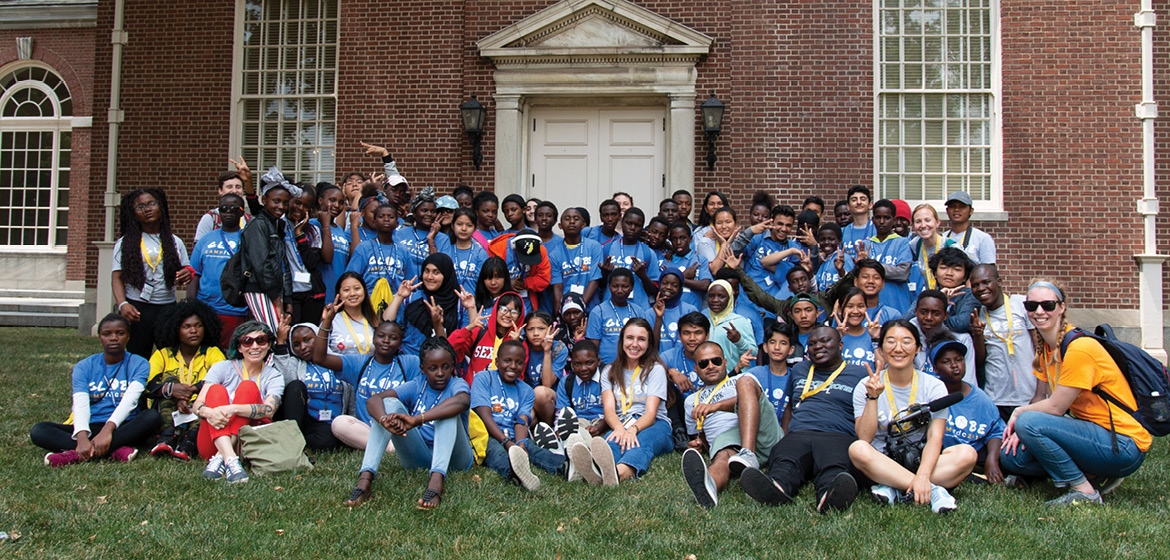Education Telling Refugee Stories Through Film

Carrie Symons, an assistant professor in the Department of Teacher Education at MSU, has been working with the Refugee Development Center since 2016. Much of Symons’ work has focused on youth language and literacy education programs, but her latest project, Stories of Perceptions, Connections, and Transformations: Building Global Awareness through Intercultural Communication, is focused on educating the non-immigrant population by sharing the stories of transnational young adults who worked as volunteer mentors for middle and high school refugee-background youth.
Symons plans to share those stories through a documentary film where she interviewed and engaged in reflective dialogues with 11 transnational young adults (aged 17-23), from both refugee and nonimmigrant backgrounds, about their pasts, their lived experiences in the intercultural context of the Refugee Development Center’s summer program, and their plans for the future. Symons’ intent for the film is “humanizing people who have historically been marginalized, centering on them as a person, their lives and lived experiences, assets, and strengths.”
Storytelling serves as an important vehicle to combat the negative perceptions that surround refugees and immigrants in the United States, perceptions that make it more difficult for migrants to acculturate to their new lives and challenge instructors like Symons to advocate for teachers’ learning and enactment of humanizing pedagogies during that acculturation transition.
Fittingly, this documentary will serve as an educational tool to build appreciation of our differences and dispel negative stereotypes surrounding immigration. Symons is planning a semester-long high school curriculum based around the documentary, with the goal of “recognizing we are each unique and realizing what we share in common is the very essence of what makes us human.”
The documentary is just one of the many ongoing projects Symons is working on in partnership the Refugee Development Center, other MSU faculty, and graduate and undergraduate students from the College of Education and the Residential College in the Arts and Humanities.


